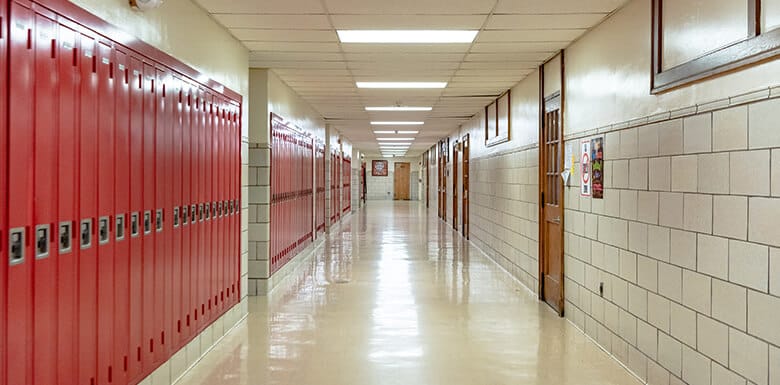
Written by Jonathan Breeden
You love your child and want what’s best for them. This includes how they’re educated. But after a relationship ends, the question of where they should go to school often becomes an issue.
In our more than 20 years of practicing family law in North Carolina, we’re frequently asked how school decisions are made after a separation or divorce. And while there are various school options and factors to consider, it’s essential to clarify what the law says about school choice.
If you need help with a custody case or have questions about your child’s education after a separation, call the Breeden Law Office at (919) 661-4970 or reach out online.
Under North Carolina law, child custody, like most things, is determined based on the child’s best interests. There’s legal custody, where a parent makes important decisions about the child – including their education – and physical custody – whom the child lives.
It’s presumed parents will share legal custody. However, if it’s in the child’s best interests, one parent will make the critical life decisions.
The educational options in North Carolina are varied. There are public schools, private schools, private- parochial church schools, home school, and even homeschool co-opts. Most of the time, parents agree on what school their child should attend after a separation or divorce.
In over two decades of family law practice in the area, we’ve noticed that disputes usually arise when the child goes to a private school, and one parent wants the child moved to public school. The reason usually revolves around not wanting to pay the increased child support, which factors in the school’s tuition.
When this happens, the courts try to keep the child in the original private school if it’s meeting their needs, and both parents can reasonably afford to keep up with the tuition.
The same principle is true of homeschooling. The courts usually don’t want to remove a child if their educational environment is meeting their needs. Merely preferring a public education or wishing to reduce expenses is usually not enough.
As long as there’s evidence the child’s needs are being met by being homeschooled or whatever their current setting, he or she will likely stay there.
However, that’s not to say you shouldn’t try to make changes if their needs are not met. For instance, we recently handled a case in Johnston County, where a child returned to public school because the parent could not continue with the homeschool curriculum due to a medical issue.
When it comes to school choice and making education changes after a divorce or separation, the courts in North Carolina won’t disrupt a child’s life any more than necessary. In many cases, a child’s school is the most stable environment in the child’s life after their parent’s divorce, so unnecessary changes are avoided whenever possible.
There’s no mathematical formula in these cases. When issues around educational philosophy, financial limitations, and other factors arise, your child’s needs will be assessed case-by-case.
In our experience, we’ve seen many parents object to paying tuition or enrolling their child in certain schools. And while you should make an effort to reach a middle ground, the matter sometimes needs to go to court if you can’t agree.
When there’s no agreement, the court will decide how your child will be educated and where they’ll attend school. If that’s the case, a judge will review the factors involved and ultimately decide based on what they interpret to be in your child’s best interests.
It’s normal to disagree about your child’s education, but these issues can escalate after a separation. Try to remember that everyone involved wants the best for your child, and that includes their schooling. When disputes do happen, it’s essential to know the facts and what the law says. But if you have questions, contact Attorney Jonathan Breeden.
Call (919) 661-4970 or contact us online.